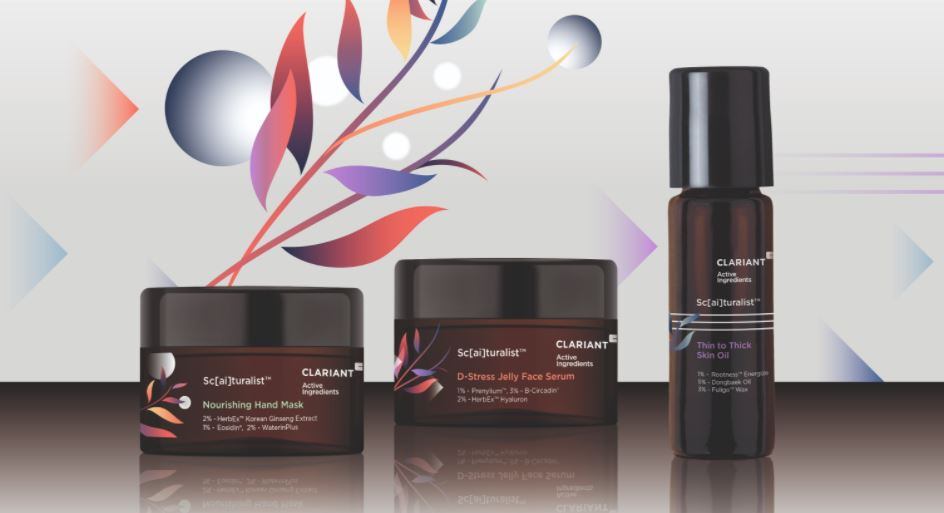Writing in Engineering in Life Sciences, researchers from the academy of sciences in Bulgaria analysed the latest trends and developments in plant cell culture technologies used to produce plant-derived substances for cosmetic formulations and food applications. The review also considered horizon opportunities and future challenges for wider commercialisation and upscale.
‘Growing interest’ – active ingredients for modern cosmetics
Findings showed plant cell culture technologies had clearly “gained the attention of modern food and cosmetic industries”, the researchers said.
“The growing interest is driven by the search for alternative sustainable sources of plant-derived natural bioactive products with low ecological footprints,” they wrote in the review.
“…Nowadays, achieving sustainable development, global climate change, restricted access to fresh water, limited food supply and growing energy demands are among the critical global challenges faced by humanity. Plant cell culture technology has the potential to address some of these challenges by providing effective tools for sustainable supply of phyto-ingredients with reduced energy, carbon and water footprints.”
And plant cell culture technologies specifically offered the most eco-friendly option when sourcing phyto-ingredients from rare, endemic, protected, threatened or endangered plant species, they said.
Beauty boom – active cosmetic ingredients ‘exponentially growing’
In the beauty category, the researchers said there was now an “exponentially growing number of commercialised cosmetics ingredients” available thanks to remarkable advances made in the last decade in plant cell culture technologies.
And the number of commercial ingredients available for cosmetics, they said, remained far ahead of offerings for food supplements, which were “limited” by comparison.
“The last few years has seen an exponential increase in the number of cosmetics with active substances obtained by plant cell culture technology.”
And the driving force behind this, they said, was the “intensive search” for innovations and development of new products that offered multiple specific activities in a cosmetics formulation.
“With their multiple biological activities, plant cell culture extracts are extremely desirable due to the fact that they are a unique mix of secondary and primary metabolites occurring naturally in plant cells. Moreover, the final cosmetic formulations usually contain active ingredients in minor concentrations, which allows the production of plant cell extracts in small volumes at reasonable prices that cover production costs.”
‘Speeding up’ mass commercialisation and popularisation of plant cell culture tech
The researchers said that whilst there were many bioreactor designs which ensured “cost-effective large-scale production” of differentiated and undifferentiated plant in vitro systems, there were still challenges ahead with wider upscale.
Developing, maintaining and optimising “high-productive and genetically stable cell lines”, for example, remained “the most expensive, laborious and risky tasks”, the researchers said.
Added to this were “costly and time-consuming procedures” like registration, certification and compliance with national legislative requirements which contributed to the slowdown in product realisation.
However, the researchers said collaboration could overcome the challenges associated with upscale.
“We expect this review will encourage scientists, policymakers and business enterprises to join efforts for speeding up the mass commercialisation and popularisation of plant cell culture technology as an eco-friendly alternative method for sustainable production of plant-derived additives with application in food and cosmetics,” they said.
Future plant cell culture tech – novel extraction and 3D printing
In addition, the researchers said advances in extraction procedures – including application of recently developed natural deep eutectic solvents (NADES) as green solvents – and 3D printing would “open new horizons” in the development of high quality cosmetic active ingredients based on in vitro cultivation of plant cells and tissue cultures.
Source: Engineering in Life Sciences
Published online ahead of print in December 2020, doi: 10.1002/elsc.202000078
Title: “Recent applications of plant cell culture technology in cosmetics and food”
Authors: G. Krasteva, V. Georgiev and A. Pavlov




